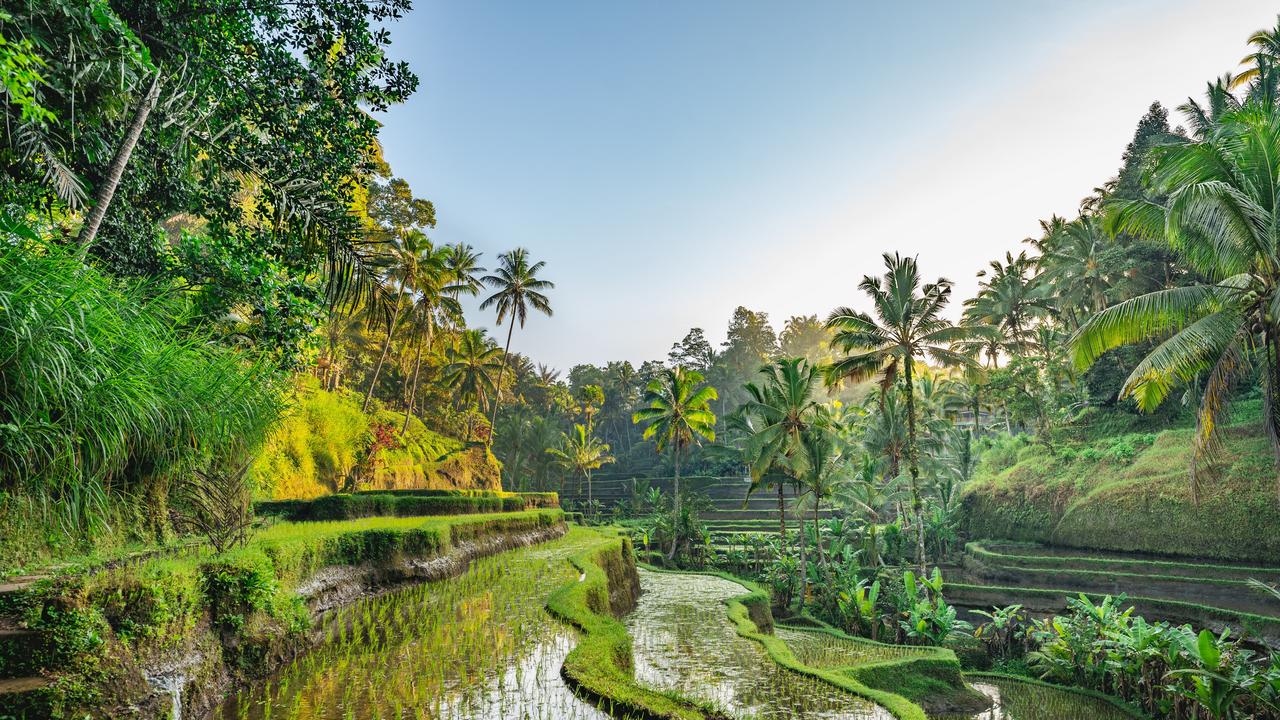New Zealand’s cost of living is skyrocketing, but a burrito should never cost $38
I knew my journey to the Land of the Long White Cloud would be expensive, but nothing could have prepared me for this.

COMMENT
Holy shut, bro.
I knew my journey to the Land of the Long White Cloud would be expensive, but nothing could have prepared me for the capitalist minefield that has become of Queenstown.
The idyllic lakeside settlement is one of the world’s leading tourist destinations, and for good reason. Roughly three million tourists pass through the 35,000 populous town each year, which comes to a whopping 8,200 new visitors every 24 hours.
It’s the adventure capital of the southern hemisphere, with everything from 800hp jet boats, skyline luge rides, rafting and mountain biking at arm’s reach to get your adrenaline pumping.
It’s the perfect mountain getaway for Aussies looking to escape the sticky heat Down Under. Return flights come in at around $700 per person, but that’s only just the beginning.
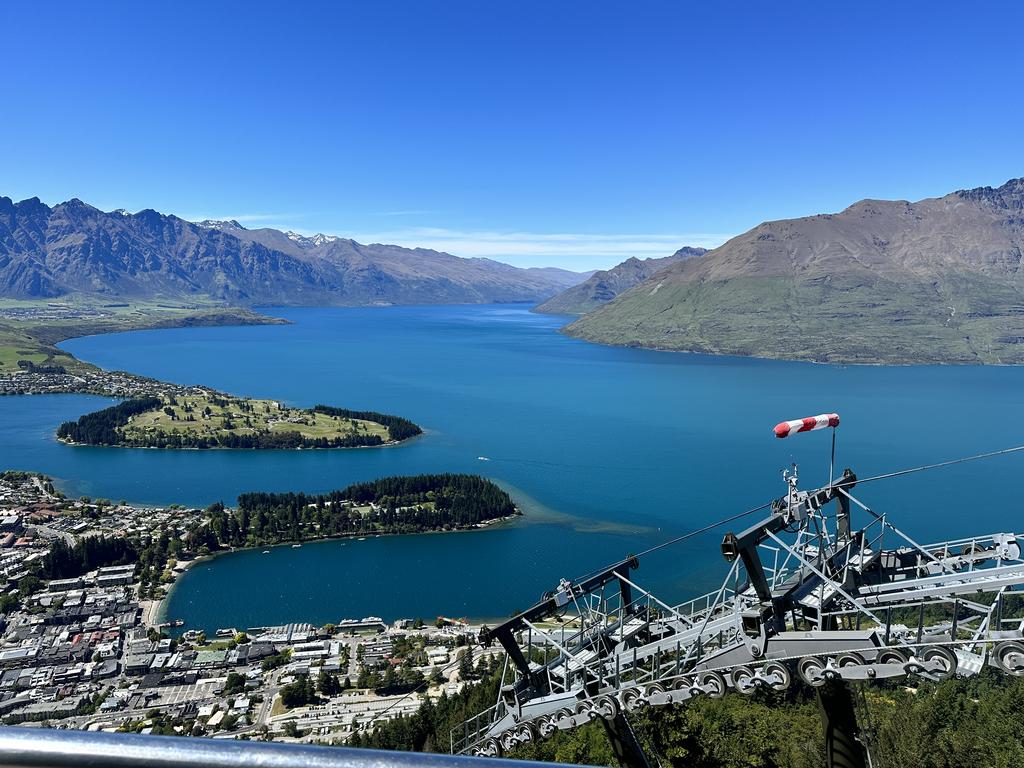
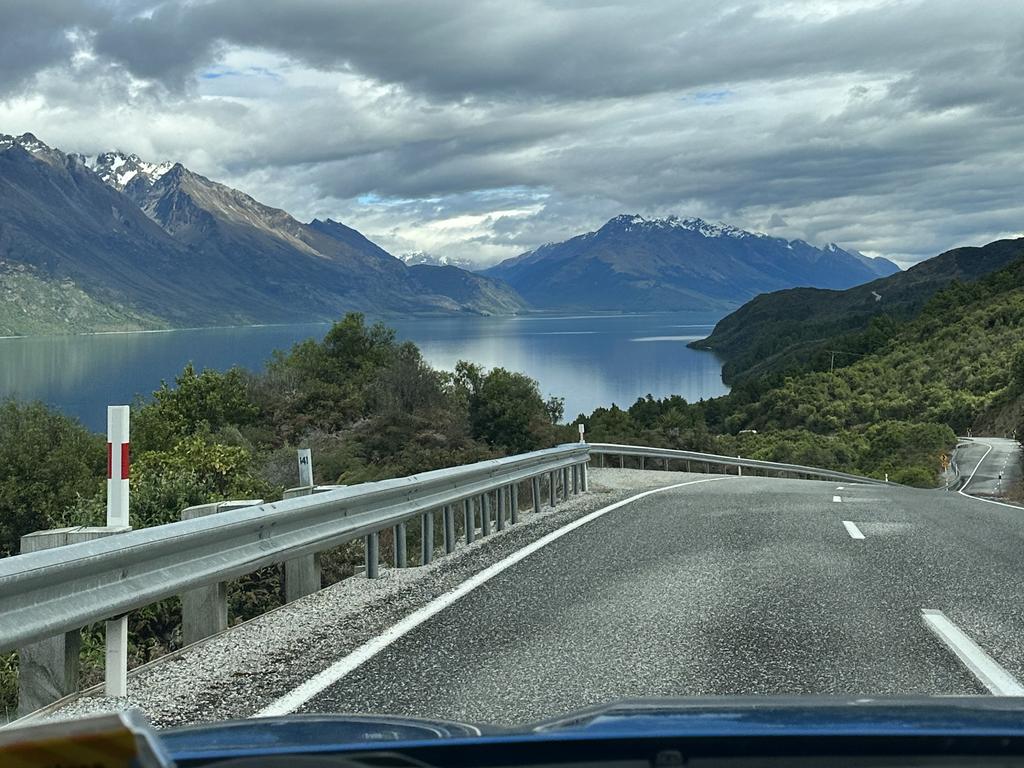
Like the rest of the developed world post-Covid, New Zealand has been slugged with rampant cost of living pressures. Even after taking that into consideration, it gets a little scary once you start adding up everything you spent on an eight-day trip.
I’m well aware there are thousands of readers cracking their knuckles ready to inform me that “I should have known better” or that I’m pointing out the obvious that a tourist hotspot is a relentless cash hole.
But I challenge you to keep your jaw from dropping to the floor, as mine did, when seeing a $38 burrito at a run-of-the-mill Mexican restaurant.
Or maybe the $6 “on special” mangoes at Woollies. Or perhaps the $900 3-night “private” Air BnB stay where you can hear your neighbour wrestle with said burrito at 2am through a thin bathroom door inches from your bed (refund pending).
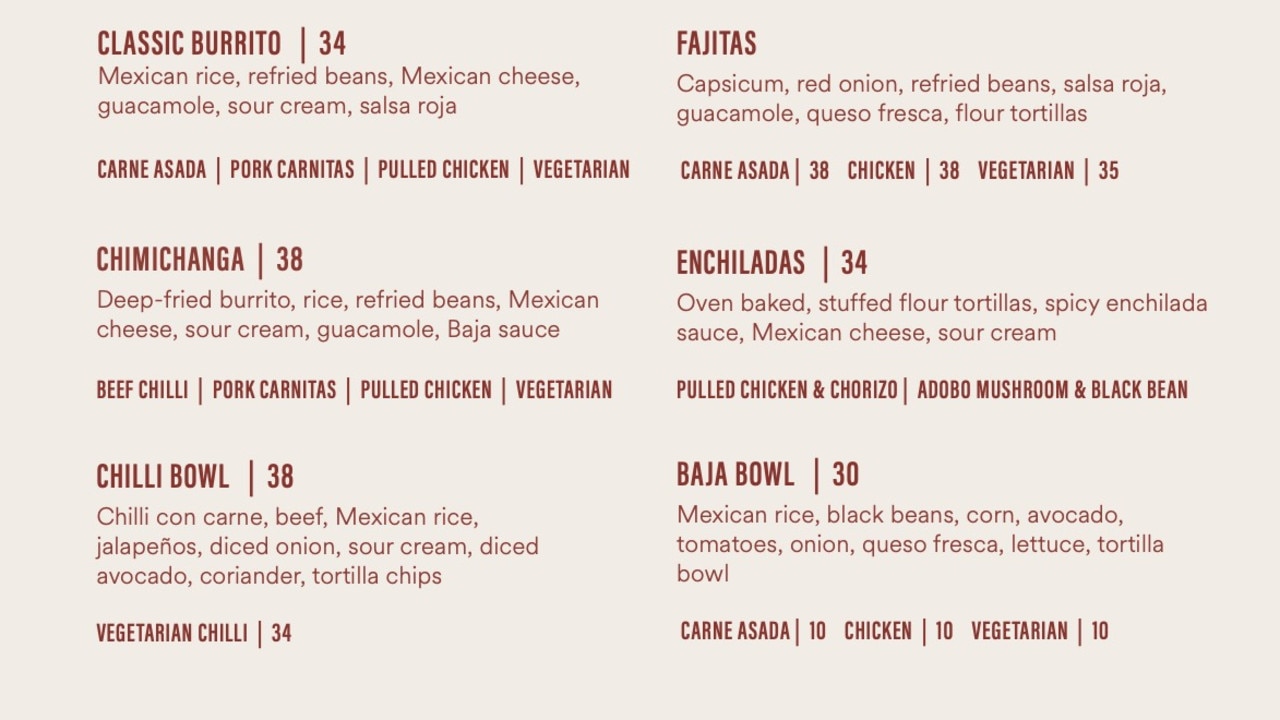
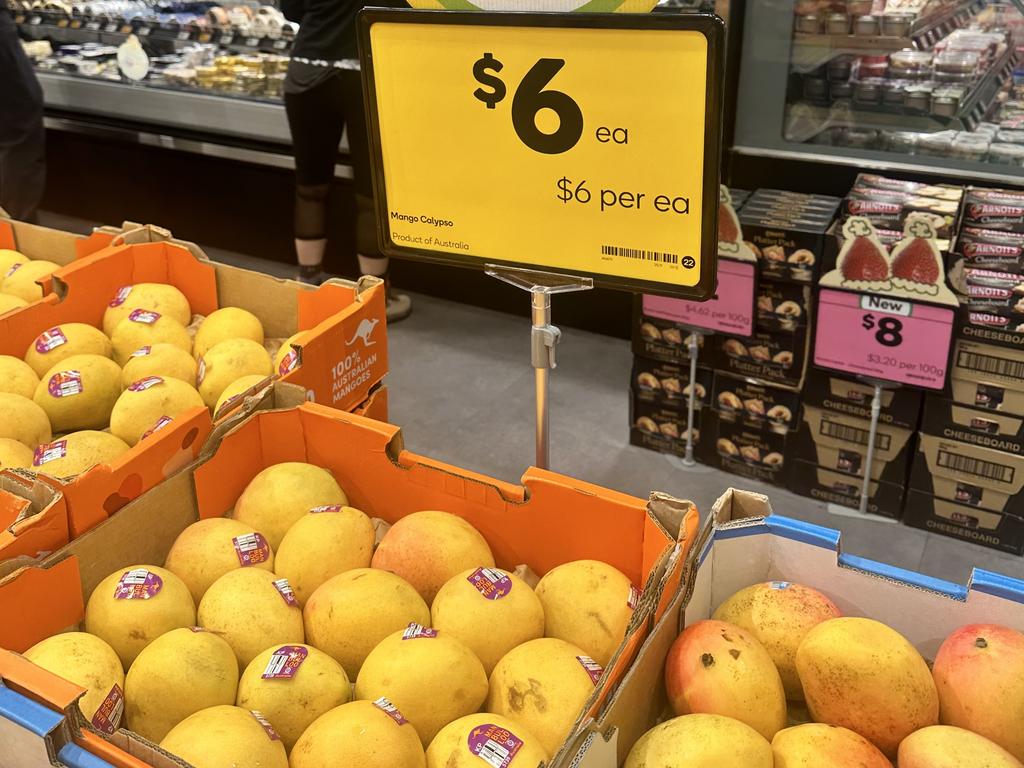
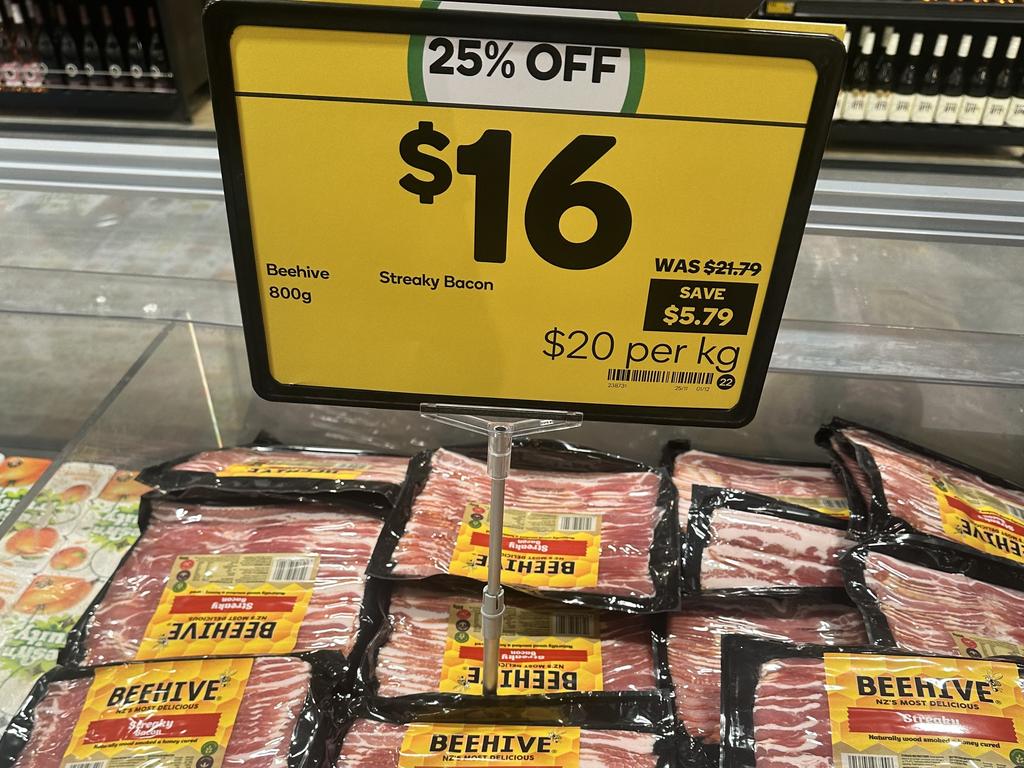
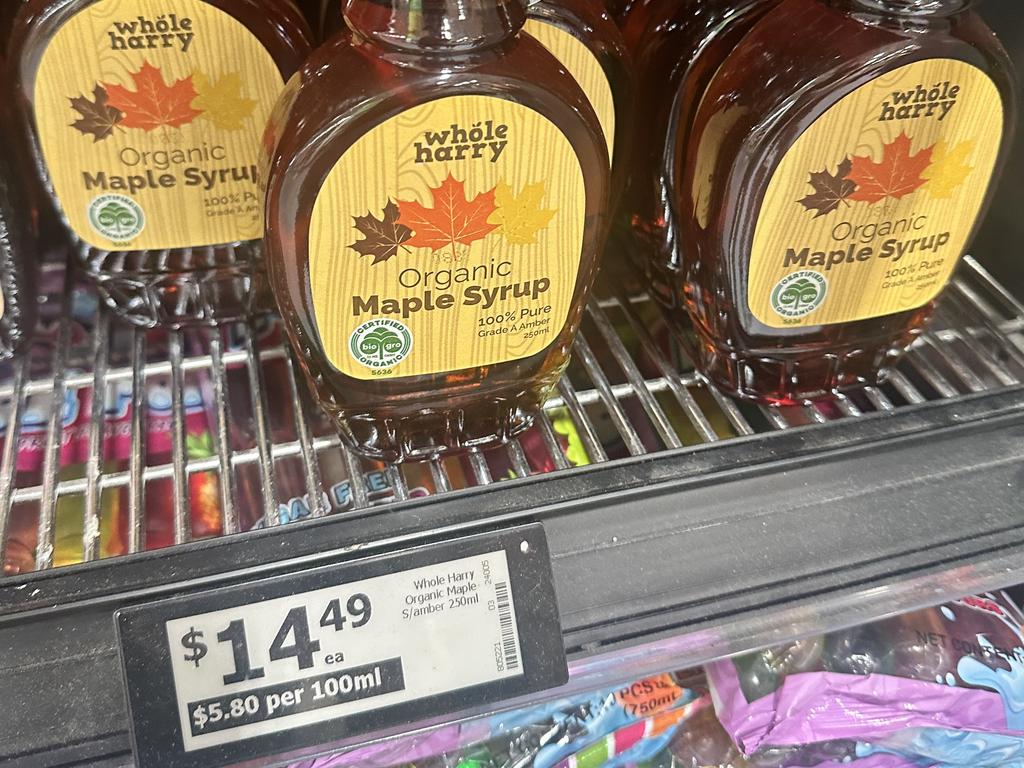
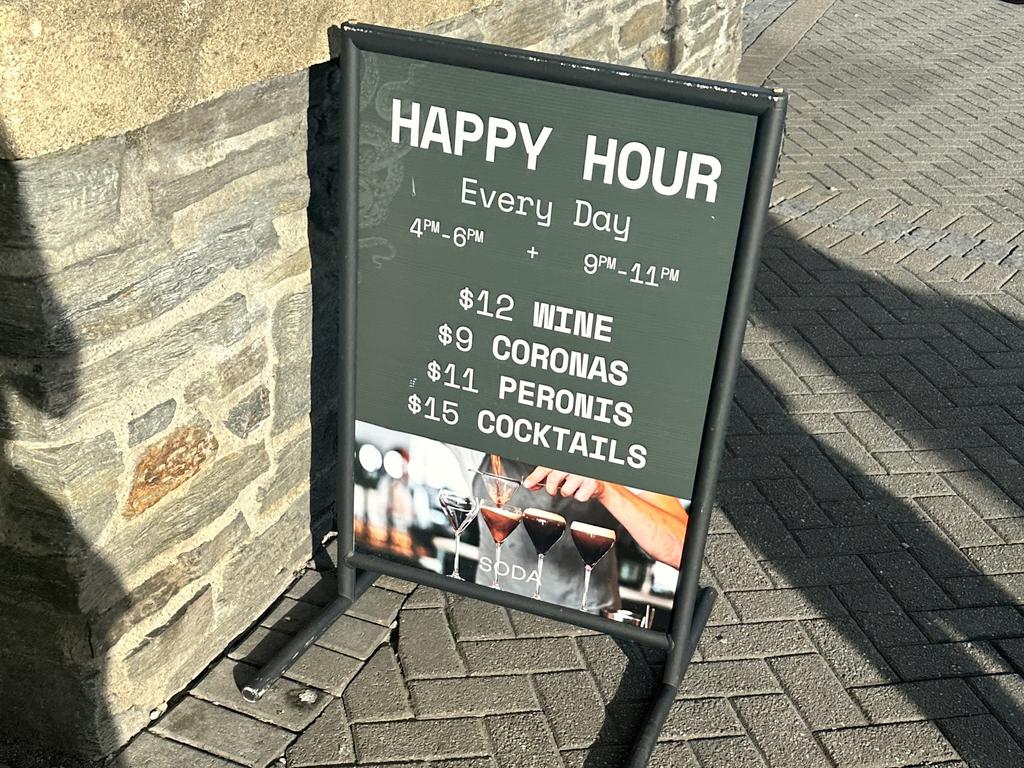
Sure, you’re overlooking the Remarkables, and New Zealand has never been cheap, but the level of opportunism still something to behold.
Thank God for Fergburger. The tiny burger shop has made a global name for itself and has lines running out the door every single day, but they refuse to charge more than $16 for their signature burger despite being surrounded by eateries shamelessly marking up tiny plates of olives for the same price.
Just don’t be a sucker and make sure to ring ahead, because that line is more cringeworthy than a stuffed sheep souvenir doing the haka.

Still, there are good deals to be had amongst the wallet-sapping minefield. $139 will get you a one-hour ride on the KJet located in the middle of town. The twin V8 monster immediately gets your senses firing as you career up Lake Wakitipu before sending it through 10cm-deep sections of the Shotover and Kawarau rivers.
The Shotover Jet just north of town is the main jet boat attraction and gets more attention because it takes customers shockingly close to canyon walls, but at $30 extra for roughly 15 minutes in the boat, you might be better off with the KJet in town.
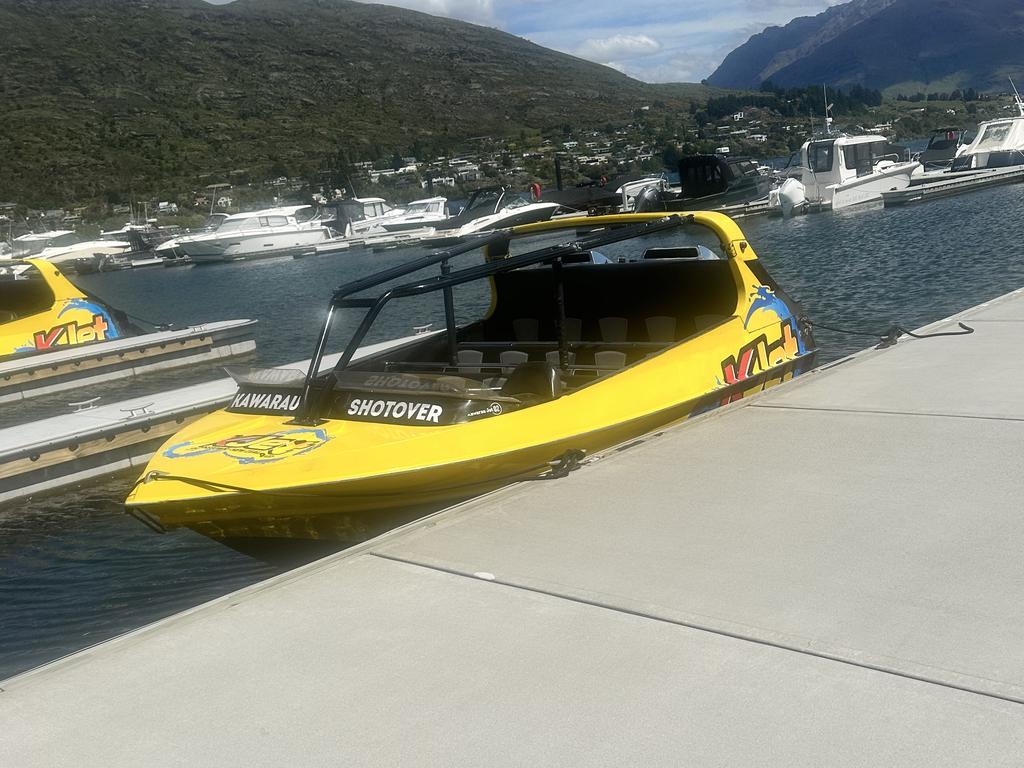
Mass exodus from paradise
Young people in New Zealand are understandably fed up.
Like millions of Australians, Kiwis under 30 are ruing being born in the wrong decade to buy are house. By no fault of their own, house prices and regular day-to-day expenses have skyrocketed — and it’s driving record numbers of citizens away.
When you first touch down, it’s hard to see why anyone would want to leave New Zealand. The weather is refreshing, the natural scenery is largely untouched and the people are very friendly.
It might also be the fact that fuel is edging towards $3 per litre.
South Islander Cameron O’Connell, who is making a decent living as a builder, finally made the call to up-stumps and move to Sweden for a change of pace. After visiting the Nordic country, which also has a reputation for being expensive, Cameron was convinced his weekly spending would be demonstrably cheaper.
“I’m making pretty good coin but it’s just shocking at the moment,” he said.
According to figures from Statistics New Zealand, 131,200 people left the nation of 5.2 million in the year to June 2024, the highest number ever recorded.
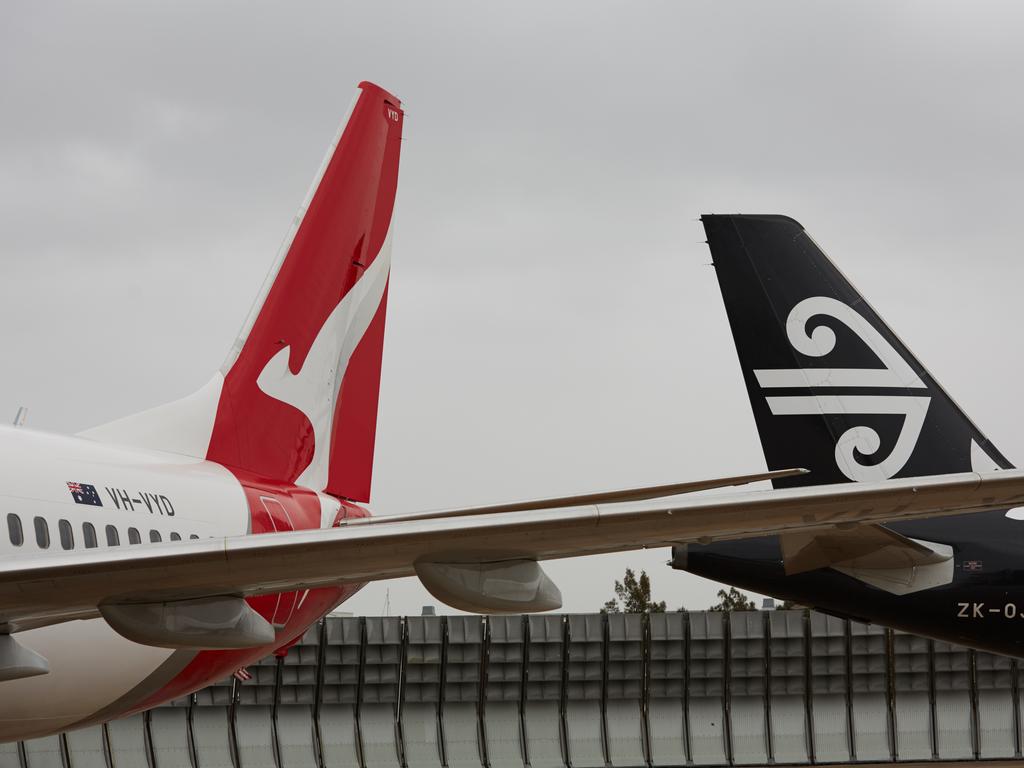
Almost 40 per cent of those were aged between 18 and 30.
“It’s off the charts. We haven’t seen this number of New Zealanders leaving before,” New Zealand economist Brad Olsen told Al Jazeera earlier this year.
Minister of Finance Nicola Willis said there were signs the economy was “back on track” after year-on-year surges in essential goods and services.
“New Zealand has been suffering an acute cost-of-living crisis since the middle of 2021, with weekly food budgets stretched thin, mortgage repayments high and confidence in our living rooms, offices and boardrooms low,” Willis said.
We might be going through a rough patch in Australia, but all of us can take some peace of mind knowing thousands of Kiwis are scrambling to get across the ditch for a fairer wage and better bang for their buck.
Perspective is good, sometimes.






